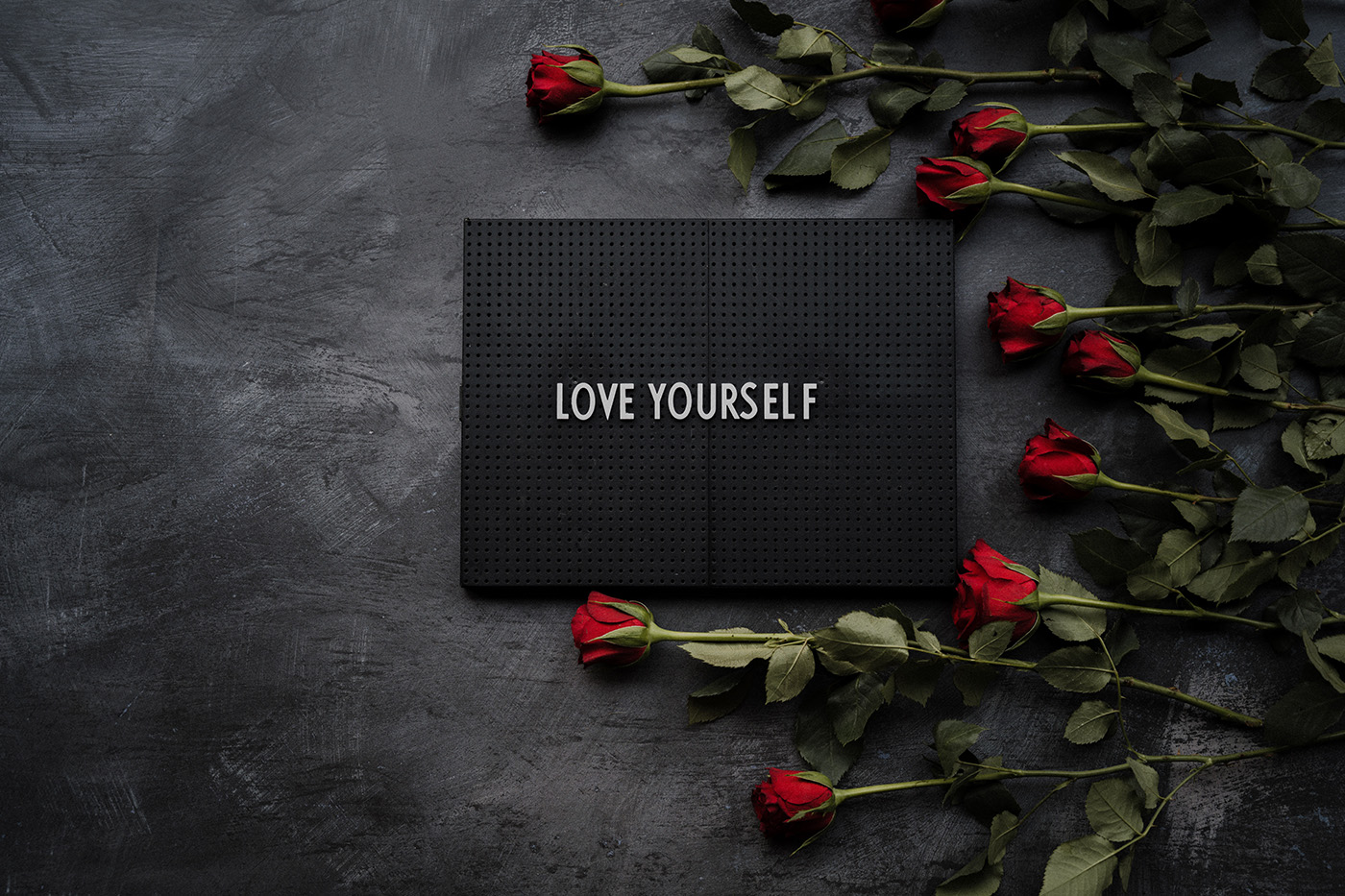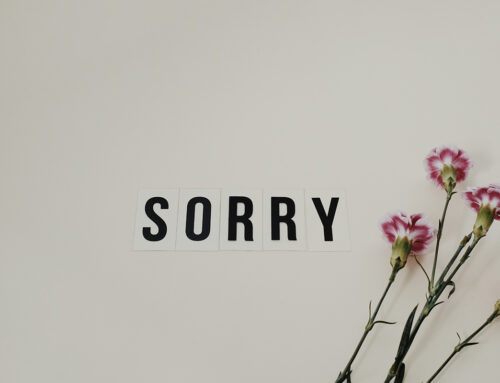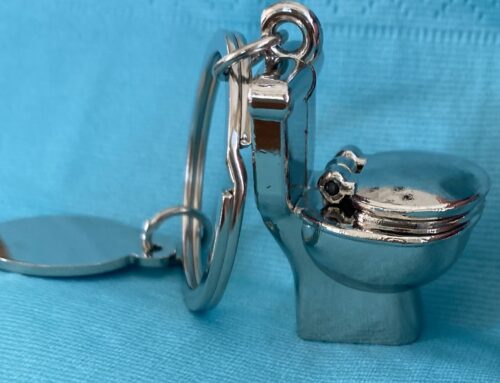A friend posted this on social media this week: If I asked you to name all the things you love, I wonder how long it would take for you to say your own name?
That prompted me to ask the ladies in attendance at our dinner at The King’s Kitchen Tuesday night to gather in their minds the names of the five people they love the most. After giving them a minute or two, I made sure they had their five people.
Then, I asked, for those who had listed themselves in their five, to please raise their hand.
Not a single person raised their hand.
I nodded my head and said, “Exactly.”
I reminded the ladies gathered, who ranged in age from 35 to 70, to think about the saying, “You’re one in a million.”
But with this correction. Actually, you’re one in seven billion. Let that sink in.
Of the roughly seven billion people, alive on earth at this moment, the Creator of the universe, believed the world needed you. And, in that seven billion, there is no other person now, nor has there ever been, who is exactly like you.
That might be worthy of some serious consideration. You are unique and highly valued.
Women of Grace was started as a safe space for women looking for fellowship, affirmation, encouragement, and kindness, which unfortunately are seriously lacking in the world.
We remember the scriptural instructions to, “love one another,” and that, “a friend loves at all times.”
Generally, women have not been taught to be the team players that men have been socialized to be, helping each other get ahead in their professions or on sport teams or in clubs.
Often, many of us learn from our own mothers and sisters to be critical, competitive, backstabbing, and cruel. I have a photo of my own mother, sister, and me, when I was 14 and my sister, 21. My mom was 48. In the photo, we are lined up, with our skirts intentionally hiked up above our knee, baring one leg each. Ironically, to me, we were either headed to, or had just returned from, church.
My mother wanted to see who had the nicest legs, deciding, ultimately, that she did. My sister’s legs were deemed the next most attractive. Mine didn’t get a rating, but it was clear that last place didn’t even count. These “friendly” competitions were held often enough that I knew the demoralizing drill, innocent enough on the surface.
I also recount the rite of passage, when I was a senior in high school, going to try on prom dresses. A gorgeous black ball gown was the prettiest dress I’d ever seen, and I can recount my heart pounding when I lifted the hangar, carried it into the fitting room and then put it on. It was breathtaking and I loved it.
I can still see my mom’s face when I opened the dressing room curtain. Her frown was unanticipated. “Oh, no!” she said. “Not that one. It looks too good on you.” I was stunned and confused. “What?” I asked, as I just knew she had to be kidding. She shook her head sternly, emphatically, no. I remember sniffling back tears when she pushed another dress, the same price as my favorite, into my hands, a lilac dotted Swiss, which I wore to prom. It was nice, but I’ll never forget the other.
That black dress was never mentioned again, but there is a wound in my soul surrounding that dress and its utter loveliness. On me. And my mom’s abject refusal. That’s hard to swallow, even now, 40 years later.
If your female relatives are and were affirming and supportive, rejoice. That’s not universally common.
Unfortunately, our families aren’t the only places we find feminine hostility, whether blatant or subtly passive-aggressive. Our friends, coworkers, college roommates, bosses, church acquaintances, neighbors, etc., often demonstrate these behaviors too. In looks, snide comments, or back-handed criticism.
My best friend in high school called me Roberta Boredom. When I dressed up for a college interview, she told me I looked, in my skirt, silk blouse and pumps, “like someone’s secretary.” And while that should never be a disparagement, that’s how she intended it. To make me feel self-conscious, less-than.
There’s a darker side too. The gossip and whispers, whether unfounded or the product of jealousy/envy or loosely based on the so-called truths and judgments, “slut-shaming,” that many girls and women have endured.
Again, I remember being asked by a boy to go sledding on a Saturday night with him and a large group of friends. I was 15. It was freezing cold on the country club hill, so we got into our friend’s car – with all the doors open – and people all around. He kissed me. I had a crush on him and it felt like the sweetest moment of my life.
Until I got to school on Monday. And was met by the glares and questions of so-called friends, all girls. “We heard what happened at the country club blah-blah-blah.”
I was embarrassed, my cheeks, burned, obviously red, like blood in the water. Caught so off-guard, and so humiliated, I didn’t have words to defend myself, innocent as I was, as if I even should have had to, which sounds nothing like present-day me, I know. I just closed myself off from these girls, who celebrated making me feel bad.
I confess: I’ve never returned for a class reunion. It isn’t because of that one incident. And, yet…
We women are experts at making our own kind feel alone, damaged, rejected, guilty, ashamed, other, ugly, alien, not good enough.
None of that was ok in high school, and it isn’t in adulthood either. Yet these bad behaviors seemed to be passed on generationally. We’ve all seen the movie Mean Girls. Some of us may even have been them, in our less-than-shining moments.
We judge on appearance, weight, fitness, clothes, social status, spirituality, career, education, marital status, motherhood, children, husbands/partners, affluence, home décor, cooking/entertaining ability, engagement ring size, cars, the whiteness of one’s teeth etc., etc., on and on, ad infinitum.
There are those of you who know how others can treat you like a pariah when, God forbid, your marriage ends and you get divorced. Or you get sick. Or experience trauma or a career change or financial setback. Even on a bad hair day. Or any other day when you are deemed less than perfect which is an ever-shifting platform, based on opinion, fad and/or preference.
We need to do – be – better. To one another.
I was 30 before another woman, Kathryn Hamrick, who I respected then and now, pulled me aside and said it was time for women to stand up for each other and offer mentorship, affirmation, and encouragement. It was an alien concept to me, but I drank up her words as if they were life; I’d been longing for such enlightenment since birth, it seemed. As a woman, I had been promoted to a very visible leadership position in a small town and I knew sharks were publicly circling. Kathryn quietly stepped in and poured great wisdom into my life.
Of course, I’ve had my catty moments but my greater sin, when it has come to interacting with other women, has been silence and inaction. No longer. One of my favorite aspects of my career as a psychotherapist is helping women get to know themselves and their areas of giftedness, heal their hurts and weaknesses, to meet and like themselves, and to try out and then use their voices.
I’m now intentional about seeking healthy and affirming bonds with other women. To speak life, not death and destruction, as words carry power and weight. To demonstrate love and support and community. And to receive them in return.
I confess it’s difficult and I still sometimes hesitate because I’ve figuratively had my gregarious hand slapped more times than I care to recount.
We must be intentional about being affirming, encouraging, supportive and kind. To other women. To take a page from the men’s playbook, about looking out for one another and giving each other an assist.
And remembering our place in the world, as a unique and valuable soul, capable of original contributions, among the 7 billion others who bear the unique imprint of the Creator. To fulfill our purpose, with dignity and a sense of belonging and community.
In addition, and foundationally, we need to love ourselves. As we are, and without qualification. I’m not inviting conceit or self-adulation. Acceptance would be a great place to start. To love ourselves, as we are, without apology, excuse, or qualification such as, “if I were 10 pounds lighter…”
We have a place, Women of Grace. In the world. And as a force of good and love.
Be a sister, in all the finest connotations of that word. And if reaching out feels scary, then start first by being your own best friend.







